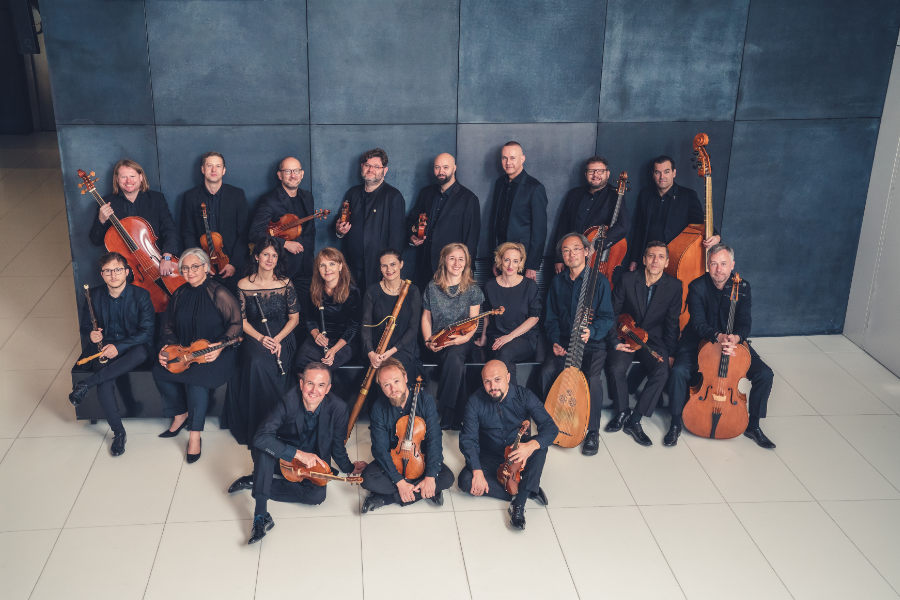Reformation Day, celebrated by Protestant churches on October 31, commemorates Martin Luther’s announcement of the Ninety-Five Theses, which initiated a social and political revolution in Europe five centuries ago. The anniversary of the day on which, according to Philip Melanchthon in 1517, the German Augustinian monk hanged his concepts on the door of the castle church in Wittenberg, was not celebrated from the very beginning. Regular celebrations began only in the times of Johann Sebastian Bach, when 200 years had passed since the groundbreaking events. The instrumentalists of the Wrocław Baroque Orchestra will take part in the celebration of the upcoming anniversary of the breakthrough religious rebellion by performing the works of Johann Sebastian Bach, a brilliant representative of Protestant culture.
Bach’s cantata, Ich bin vergnügt mit meinem Glücke (I am content with my fate), which opens the concert, is one of the few works that the composer himself classified into this genre. It was intended for the ninth Sunday before Easter – originally for February 9, 1727. The modest line-up led to the once risky hypothesis that the piece was intended for home musicmaking, and that Bach wrote the soprano part with his wife, Anna Magdalena, in mind. The work that follows, the Orchestral Suite BWV 1068, is one of the secular works written by the German for the Leipzig ensemble Collegium Musicum that gave weekly public concerts in Gottfried Zimmermann’s café. In the five-movement suites written for the ensemble, the composer relied on French forms. As the second part of the third one, we will hear a melancholic aria, the nineteenth-century arrangement of which is known as Aria on the G string.
Sonata in C major for two violins and basso continuo, despite being assigned a catalogue number of the Bach-Werke-Verzeichnis, is in fact a composition by Bach’s student, Johann Gottlieb Goldberg, who went down in history as the first to perform the famous series of variations named after him. The concert will close with another Bach cantata – Mein Herze schwimmt im Blut (My heart is flowing with blood) for the eleventh Sunday after Holy Trinity Sunday. It is built according to the Italian model, so recitatives and arias alternate here. The text of the hymn, taken from the collection of devotional poems Gottgefälliges Kirchen-Opffer by Georg Christian Lehms, is about the sinner’s repentance and hope for God’s forgiveness. When our Lord and Master Jesus Christ says: “Repent”, he wants the entire life of the faithful to be constant repentance – such was the first of the ninety-five revolutionary theses.

